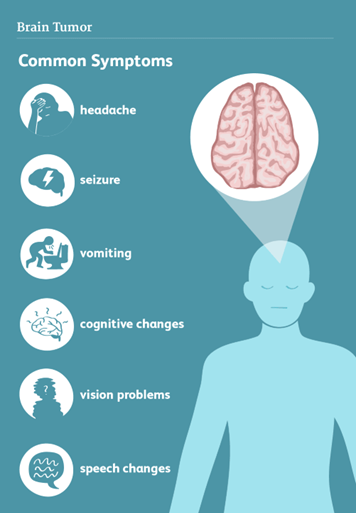The nurse is providing lifestyle change education for a client to slow the progression of coronary artery disease. Which statement(s) made by the client should the nurse recognize as needing additional education? (Select all that apply.)
Consume foods with saturated fats.
Walk 30 minutes per day.
Use a salt substitute.
Keep a food diary.
Eat more canned vegetables.
Include oatmeal for breakfast.
Correct Answer : A,E
Choice A: Consuming foods with saturated fats is not a healthy lifestyle change for a client with coronary artery disease, as this can increase the level of cholesterol and triglycerides in the blood, which can lead to plaque formation and narrowing of the arteries. Therefore, this statement indicates that the client needs additional education.
Choice B: Walking 30 minutes per day is a beneficial lifestyle change for a client with coronary artery disease, as this can improve the blood circulation, lower the blood pressure, and reduce the risk of heart attack and stroke. Therefore, this statement does not indicate that the client needs additional education.
Choice C: Using a salt substitute is a helpful lifestyle change for a client with coronary artery disease, as this can reduce the sodium intake, which can lower the blood pressure and prevent fluid retention. Therefore, this statement does not indicate that the client needs additional education.
Choice D: Keeping a food diary is a useful lifestyle change for a client with coronary artery disease, as this can help the client monitor their calorie intake, portion size, and nutritional quality of their food. This can also help the client identify and avoid unhealthy food choices. Therefore, this statement does not indicate that the client needs additional education.
Choice E: Eating more canned vegetables is not a good lifestyle change for a client with coronary artery disease, as canned vegetables often contain high amounts of sodium, which can raise the blood pressure and worsen the condition. Therefore, this statement indicates that the client needs additional education.
Choice F: Including oatmeal for breakfast is an advantageous lifestyle change for a client with coronary artery disease, as oatmeal contains soluble fiber, which can lower the cholesterol level and prevent plaque formation in the arteries. Therefore, this statement does not indicate that the client needs additional education.
Nursing Test Bank
Naxlex Comprehensive Predictor Exams
Related Questions
Correct Answer is ["4"]
Explanation
Step 1 is to convert the child’s weight from pounds to kilograms.
44 pounds ÷ 2.2 = 20 kilograms.
Result at each step = 20 kilograms.
Step 2 is to calculate the total dosage of furosemide in milligrams.
2 mg × 20 kg = 40 mg.
Result at each step = 40 mg.
Step 3 is to determine the volume of medication to administer in milliliters.
40 mg ÷ 10 mg/mL = 4 mL.
Result at each step = 4 mL.
The nurse should administer 4 mL.
Correct Answer is B
Explanation
Choice A: Notifying the emergency response team of the client's seizure is not a necessary action for the nurse, as the seizure has already stopped and there is no immediate threat to the client's life. This is a distractor choice.
Choice B: Keeping orienting the client to time and place until he is less confused is an appropriate action for the nurse, as this can help restore the client's cognitive function and reduce his anxiety after a seizure. Therefore, this is the correct choice.
Choice C: Explaining the postictal state that usually follows seizures is not a priority action for the nurse, as this can be done later when the client is more alert and receptive. This is another distractor choice.
Choice D: Asking the wife to wait outside the room until the nurse can talk with her is not a considerate action for the nurse, as this can increase her stress and worry about her husband's condition. This is a contraindicated choice.

Whether you are a student looking to ace your exams or a practicing nurse seeking to enhance your expertise , our nursing education contents will empower you with the confidence and competence to make a difference in the lives of patients and become a respected leader in the healthcare field.
Visit Naxlex, invest in your future and unlock endless possibilities with our unparalleled nursing education contents today
Report Wrong Answer on the Current Question
Do you disagree with the answer? If yes, what is your expected answer? Explain.
Kindly be descriptive with the issue you are facing.
